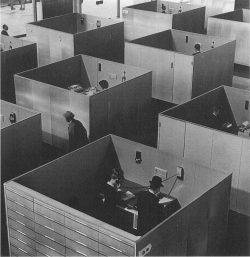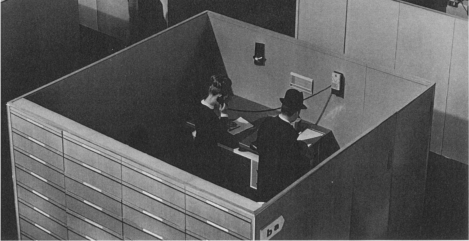To provide the best experiences, we use technologies like cookies to store and/or access device information. Consenting to these technologies will allow us to process data such as browsing behaviour or unique IDs on this site. Not consenting or withdrawing consent, may adversely affect certain features and functions.
The technical storage or access is strictly necessary for the legitimate purpose of enabling the use of a specific service explicitly requested by the subscriber or user, or for the sole purpose of carrying out the transmission of a communication over an electronic communications network.
The technical storage or access is necessary for the legitimate purpose of storing preferences that are not requested by the subscriber or user.
The technical storage or access that is used exclusively for statistical purposes.
The technical storage or access that is used exclusively for anonymous statistical purposes. Without a subpoena, voluntary compliance on the part of your Internet Service Provider, or additional records from a third party, information stored or retrieved for this purpose alone cannot usually be used to identify you.
The technical storage or access is required to create user profiles to send advertising, or to track the user on a website or across several websites for similar marketing purposes.
 The year is 2045. It’s well over twenty years since the Covid 19 pandemic created chaos and fear throughout the world. But just like the ‘baby boomer’ generation who were born, celebrated and cherished in the wake of World War II, so the ‘quarantinis’ are starting to make their way in the world of work. In contrast to baby boomers’ desire to throw off the societal shackles which paved the way for the swinging 60s, the quarantinis are much more reserved in their expectations, especially when their every move can be tracked and traced and their every conversation saved on surveillance software. More →
The year is 2045. It’s well over twenty years since the Covid 19 pandemic created chaos and fear throughout the world. But just like the ‘baby boomer’ generation who were born, celebrated and cherished in the wake of World War II, so the ‘quarantinis’ are starting to make their way in the world of work. In contrast to baby boomers’ desire to throw off the societal shackles which paved the way for the swinging 60s, the quarantinis are much more reserved in their expectations, especially when their every move can be tracked and traced and their every conversation saved on surveillance software. More →




































January 12, 2022
Are we witnessing the demise of the knowledge worker?
by Anthony Brown • Comment, Flexible working, Technology, Workplace